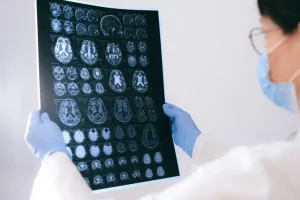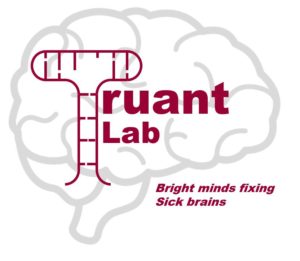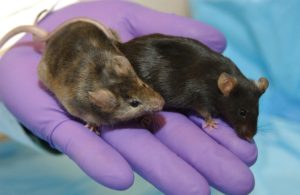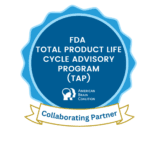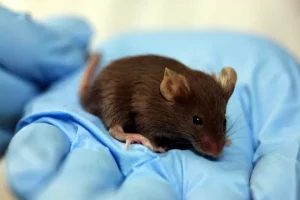
El tratamiento para la SCA1 no causa efectos secundarios no deseados en un modelo de ratón
Escrito por el Dr. Ronald Buijsen Editado por la Dra. Larissa Nitschke. Publicado inicialmente en el 28 de Enero de 2021. Traducción al español fueron hechas por FEDAES y Carlos Barba. O’Callaghan y sus colegas muestran que los enfoques terapéuticos novedosos para reducir la proteína que causa la enfermedad en Read More…



